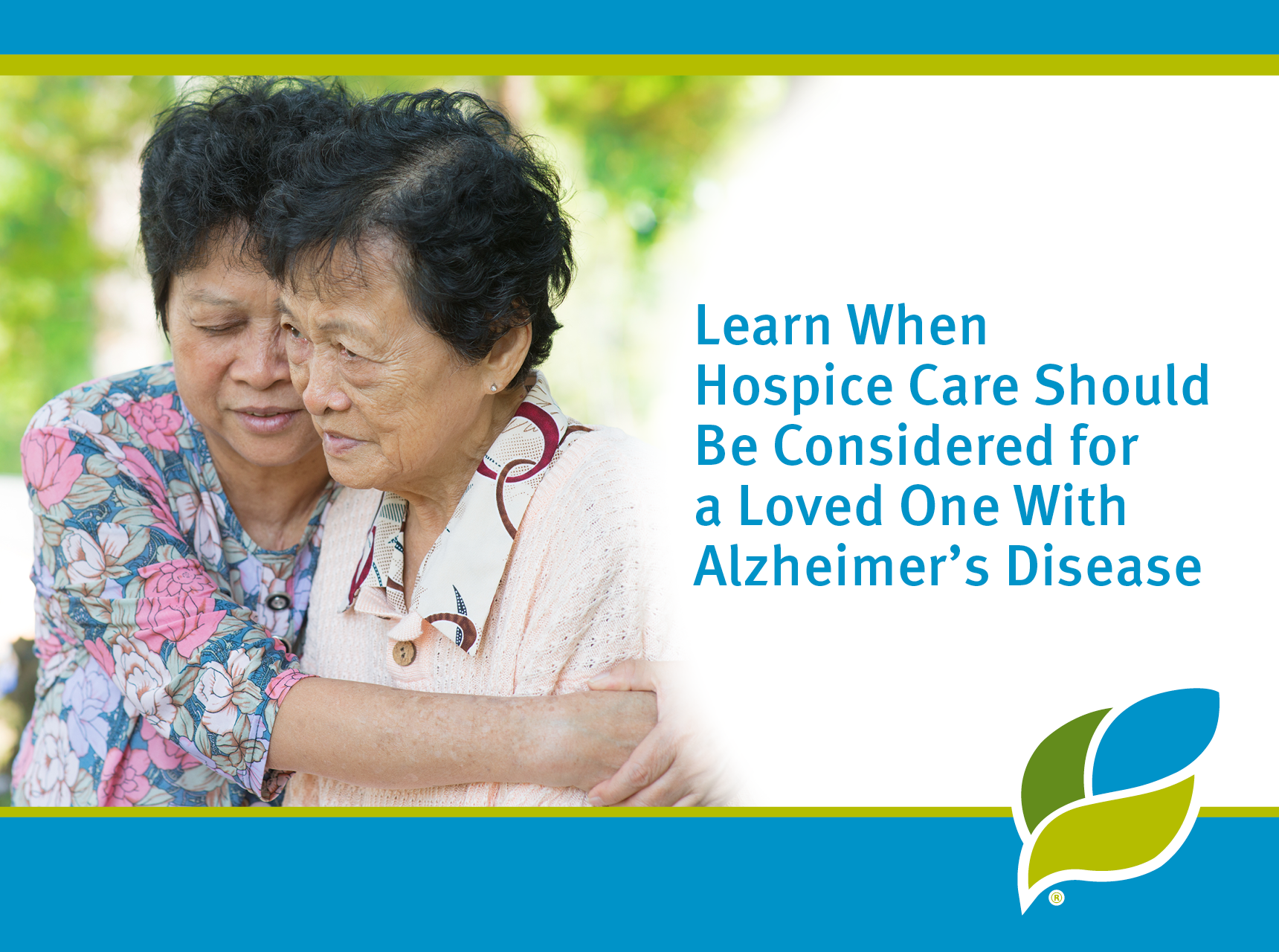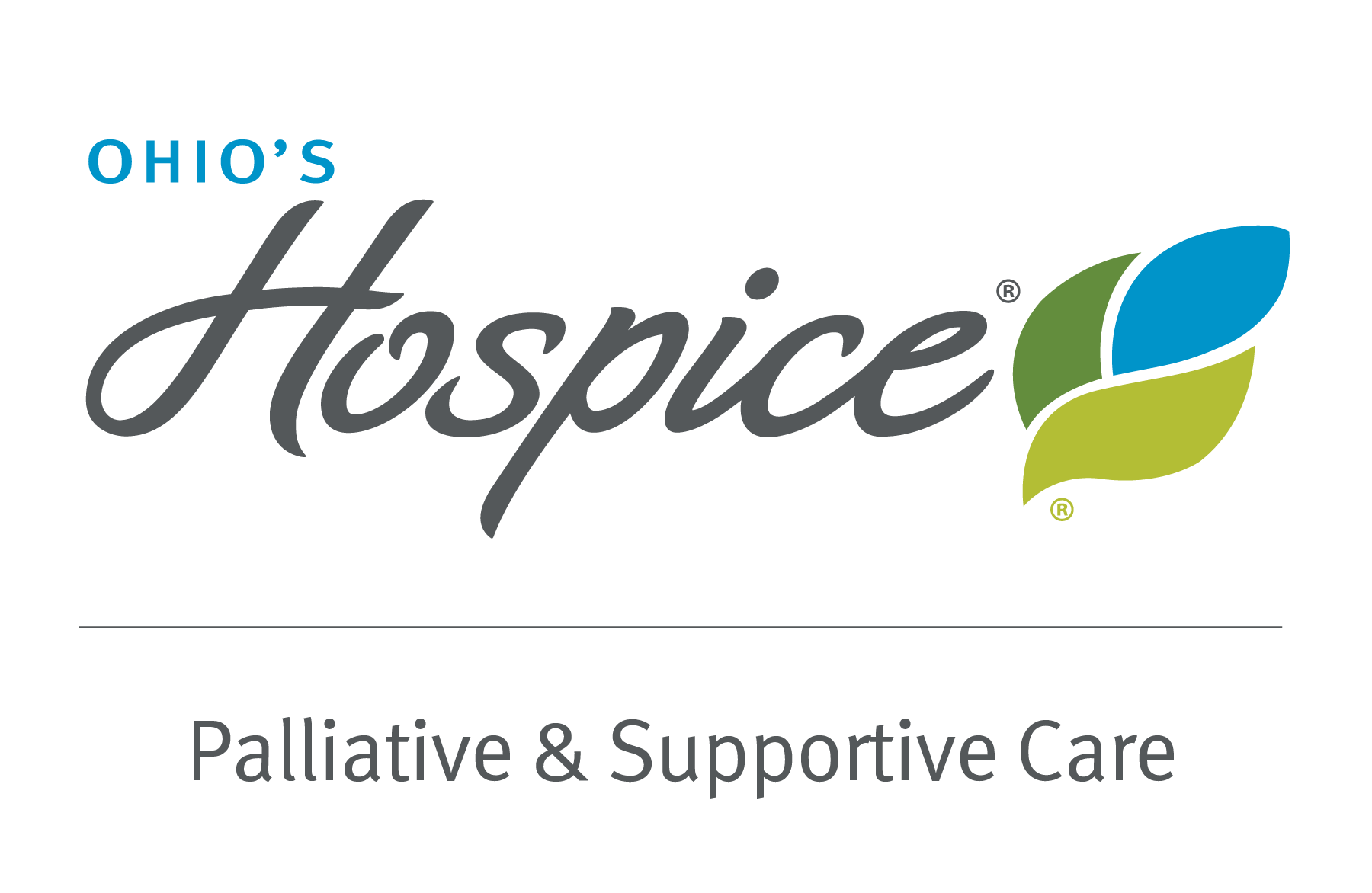
When Should Hospice Be Considered for Alzheimer’s Patients?

Alzheimer’s disease is a devastating diagnosis with no cure. Some families struggle for years providing care for loved ones. At some point, hospice can become a valuable support as the Alzheimer’s patient requires more and more care.
The progression of the disease varies greatly, some living with it for five years, some up to twenty years. There are three distinct stages as the disease progresses:
Early (Mild): People are usually able to maintain their independence and manage daily routines initially, but symptoms become noticeable, often beginning with small memory failures. In the early stages, forgetting names and familiar words, misplacing things, and trouble concentrating are common.
Middle (Moderate): As symptoms increase, Alzheimer’s patients experience and demonstrate increasing frustration. They require more assistance from loved ones. They may become lost for the first time in familiar territory. This stage usually lasts several years.
Late (Severe): Patients lose communication skills, become physically compromised and require constant care.
Families can benefit greatly from the support of a hospice team trained in keeping the Alzheimer’s patient calm and comfortable. Hospice professionals are trained in addressing the needs of those with moderate and severe Alzheimer’s disease. Hospice care can help improve the quality of life both for patient and family.
Families are encouraged to consider hospice care:
- When Alzheimer’s patients have lost the ability to walk independently.
- When the patient is losing weight.
- When the patient is experiencing repeated infections or fevers.
- When the patient is experiencing choking problems.
- When family members are too stressed to effectively provide care.
A call to your local Ohio’s Hospice affiliate will allow a member of the hospice team to visit and assess patient needs to determine if hospice care can help. Find our locations by clicking here.
Resources:
https://americanhospice.org/caregiving/alzheimers-disease-and-other-brain-diseases-and-hospice-care/

